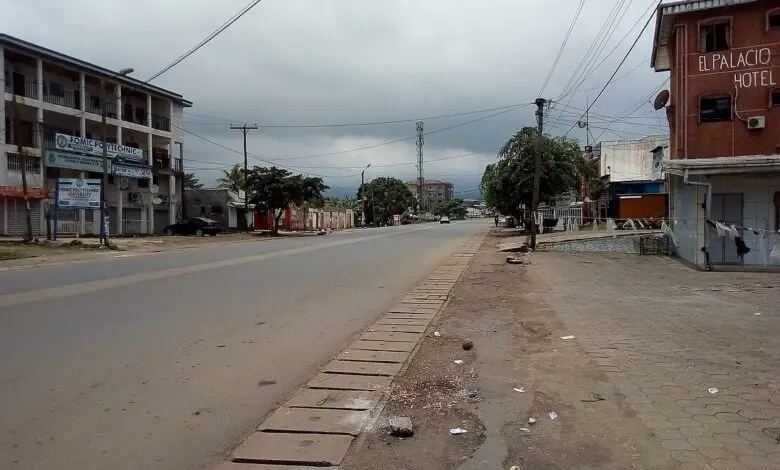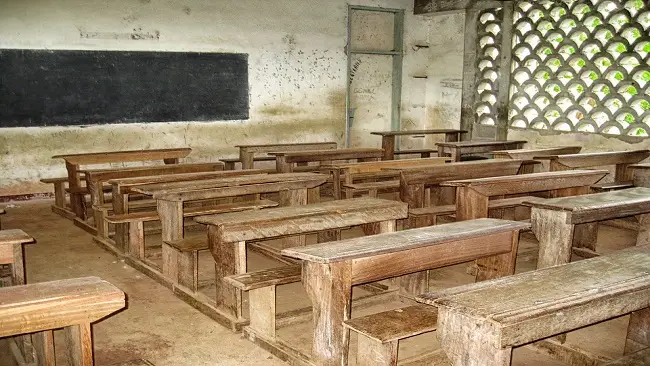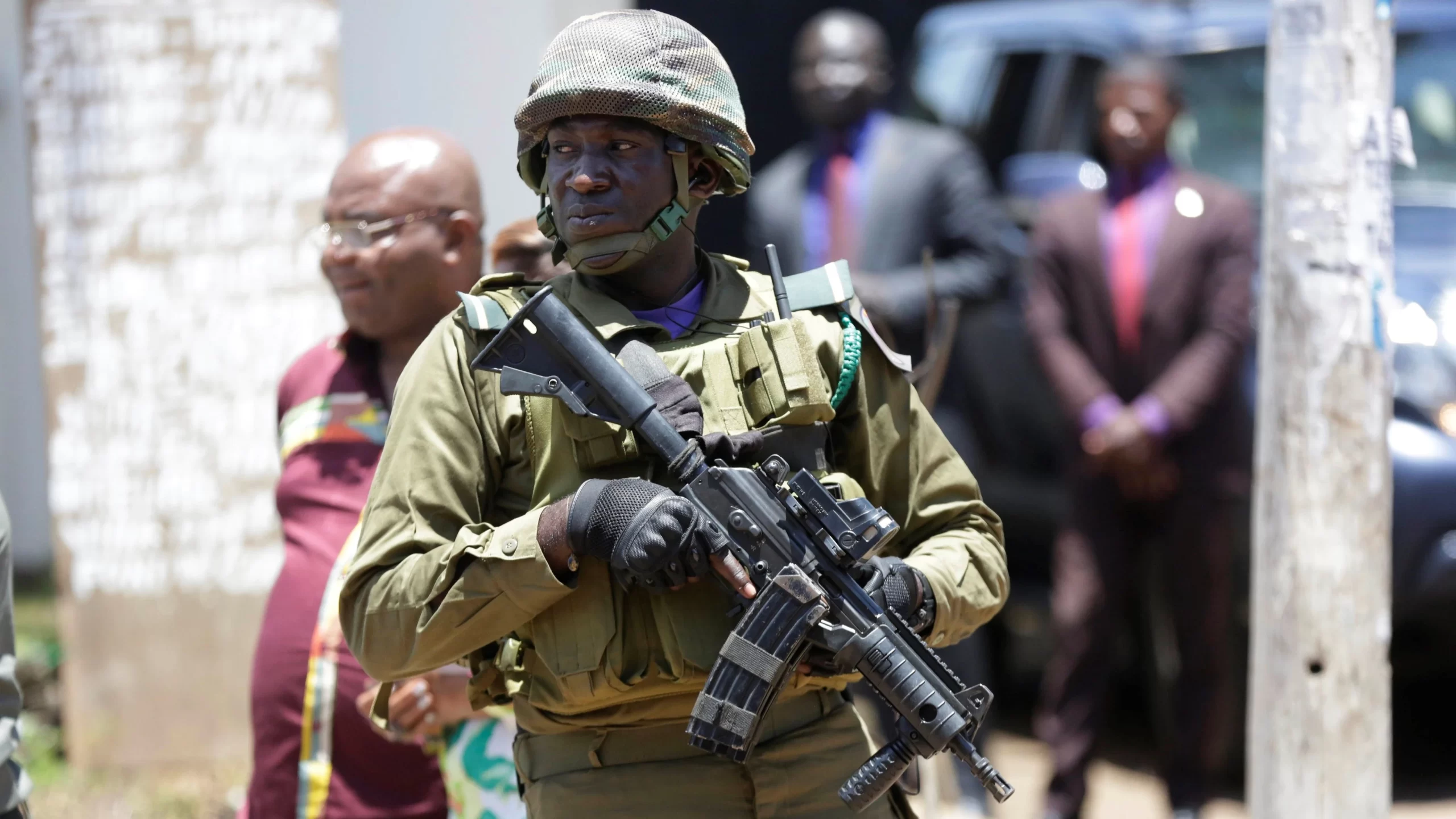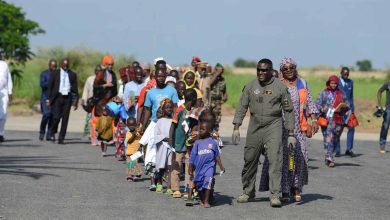Ghost Towns in Anglophone Cameroon Impact on the Lives of...
Cameroon's Ghost Towns: Unpacking the Impact of Civil Unrest

Ghost Towns in Anglophone Cameroon Impact on the Lives of...
In recent years, the Anglophone regions of Cameroon have experienced a socio-political crisis that has led to the emergence of what are commonly referred to as “Ghost Towns.” These are days when normal economic and social activities come to a standstill due to civil unrest and tensions. While the crisis has significantly affected the lives of everyone in the region, it is essential to focus on the impact it has on the most vulnerable members of society—the children.
The Anglophone minority has expressed grievances related to perceived marginalization and a lack of equal representation within the predominantly Francophone country. This has led to protests, strikes, and civil unrest.
Disrupted Education

One of the most significant consequences of the Ghost Towns is the disruption of education. Schools are frequently closed, and teachers and students often fear for their safety. As a result, children miss out on essential learning opportunities, which can have long-term implications for their future.
Limited Access to Healthcare
“Ghost Towns” can make it challenging for families to access healthcare facilities. Children’s health, including vaccinations and routine check-ups, may be neglected due to the difficulties in reaching healthcare centers. This puts their well-being at risk.
Psychological Trauma
Living in an environment of civil unrest and uncertainty can cause significant psychological trauma for children. Their constant exposure to violence, displacement, and the fear of the unknown can have a lasting impact on their mental health.
Limited Social Interaction
Children thrive in environments that encourage social interaction and play. “Ghost Towns” limit these opportunities. The lack of playmates and communal activities can lead to social isolation, affecting a child’s development and emotional well-being.
Economic Hardship
Families in the Anglophone regions often struggle to make ends meet during the Ghost Towns. The economic hardship results in food shortages and malnutrition among children, which can have severe health consequences.
Displacement and Insecurity
In some cases, families are forced to flee their homes due to the unrest. This displacement uproots children from their familiar environments, schools, and support networks, causing a sense of insecurity and instability.
Interruption of Childhood
Every child deserves a carefree and happy childhood. “Ghost Towns” disrupts this ideal, forcing children to grow up too quickly as they witness and experience the harsh realities of conflict.


Ghost Towns in Anglophone Cameroon have cast a long shadow over the lives of children in the region. From disrupted education to psychological trauma, limited access to healthcare, and economic hardship, the impact is multifaceted and far-reaching. It is crucial for all stakeholders, including the government, international organizations, and civil society, to work towards a peaceful resolution of the crisis, ensuring that children can once again experience the joys of a secure and stable childhood. The well-being and future of Cameroon’s youngest generation depend on it.





